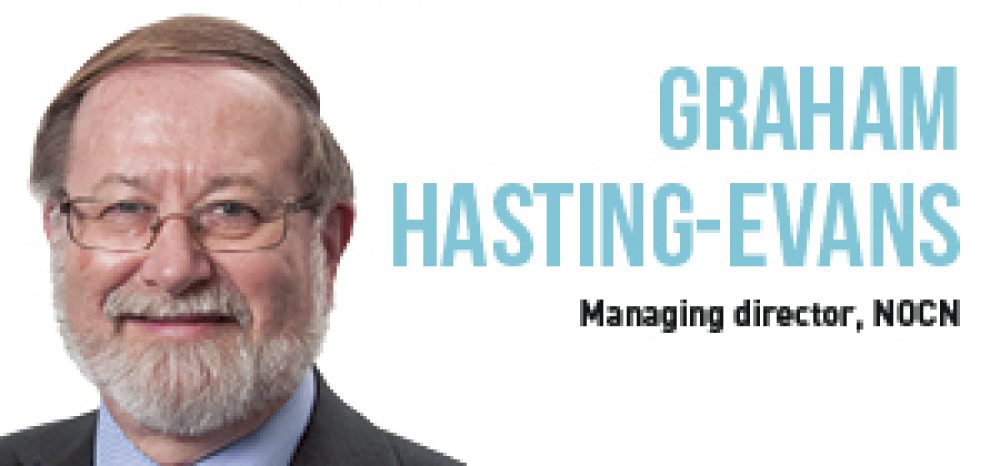English and maths may well be key to learning, but let’s not forget the practical skills of time management, teamwork and communications, according to Graham Hasting-Evans of the National Open College Network (NOCN)
Hardly a day goes by without the government, business groups or some MP having their say on the state of our education system, schools and exams.
We all know education is essential and our politicians need to set the policy agenda. However, we must get it right for the 21st Century not try to fix the problems of the 20th century.
It is critical we also listen to employers about the skills they need our young people to have – evidenced in the debates last week at the CBI Conference with its calls for more vocational educations and a focus on employability skills.
Education Secretary Michael Gove is particularly verbose with personal words of wisdom on teaching and learning – they litter the pages of the more serious daily newspapers.
I’m not sure whether anyone has already coined the phrase ‘Goveism’, but I’m going to use it now.
The last few weeks have been particularly prolific for ‘Goveisms‘. But one that Mr Gove is particularly focused on is learning by rote.
It comes up time and again, and to us at the National Open College Network (NOCN) it’s particularly disturbing.
The dictionary definition of rote is: “A memorising process using routine or repetition, often without full attention or comprehension.”
How scary a thought is that? Can you imagine an electrician or a doctor repeating procedures without comprehension?
I don’t mean to be flippant but there’s a time and a place for rote, and I don’t think the 21st Century, in our schools and colleges, qualify. We need to prepare our young people for the global skills market that is already upon us.
Indeed, Louise Robinson, president of the Girls’ School Association, argued schools should prepare pupils for the Star Trek society of the 2020s rather than look back at the 1950s and 60s.
I have to agree, but with 2020 just eight years away, I believe we should be more ambitious for our young people’s futures.
Schools and colleges need to focus on ensuring that young people have the necessary skills to become productive members of the workforce – and by workforce I don’t mean ‘blue collar’ factory workers who perform their tasks by ‘rote’ – those days are long gone.
Our workforce is one of diversity and innovators, and innovation doesn’t evolve through rote learning.
People need to be able to take responsibility, use their initiative and react to constantly-changing circumstances.
Our future is global. Britain was recently ranked the most powerful nation on Earth.
Monocle magazine’s annual Global Soft Power survey, published this month, ranks nations according to their standard of government, diplomatic infrastructure, cultural output, capacity for education and appeal to business. They placed Britain top.
The global jobs market is already in place for millions of Britons and we need to equip our young people to compete with the best from other nations.
Such 21st Century skills are learned by practical exercises that engage and excite young people and integrate the necessary skills within exercises and activities that can be applied to real life situations. And certainly not by rote.
But these skills aren’t just the domain of post-16 learning – primary schools should be looking to their pupils’ futures too.
Young people need crucial “employability” skills as identified by the employer organisations. The Confederation of British Industry, Federation of Small Businesses, British Chambers of Commerce and employers themselves – and increasingly universities – are calling for these skills, too.
Such skills include English and maths, but also IT, time management, teamwork, communications, problem-solving and, crucially, a work ethic – one that’s not just about turning up on time and not going off sick every Friday.
The future workforce needs to be reliable, show initiative and pursue new skills because these aren’t just skills for work they’re skills for a successful life.
Graham Hasting-Evans, managing director of National Open College Network (NOCN)









Your thoughts